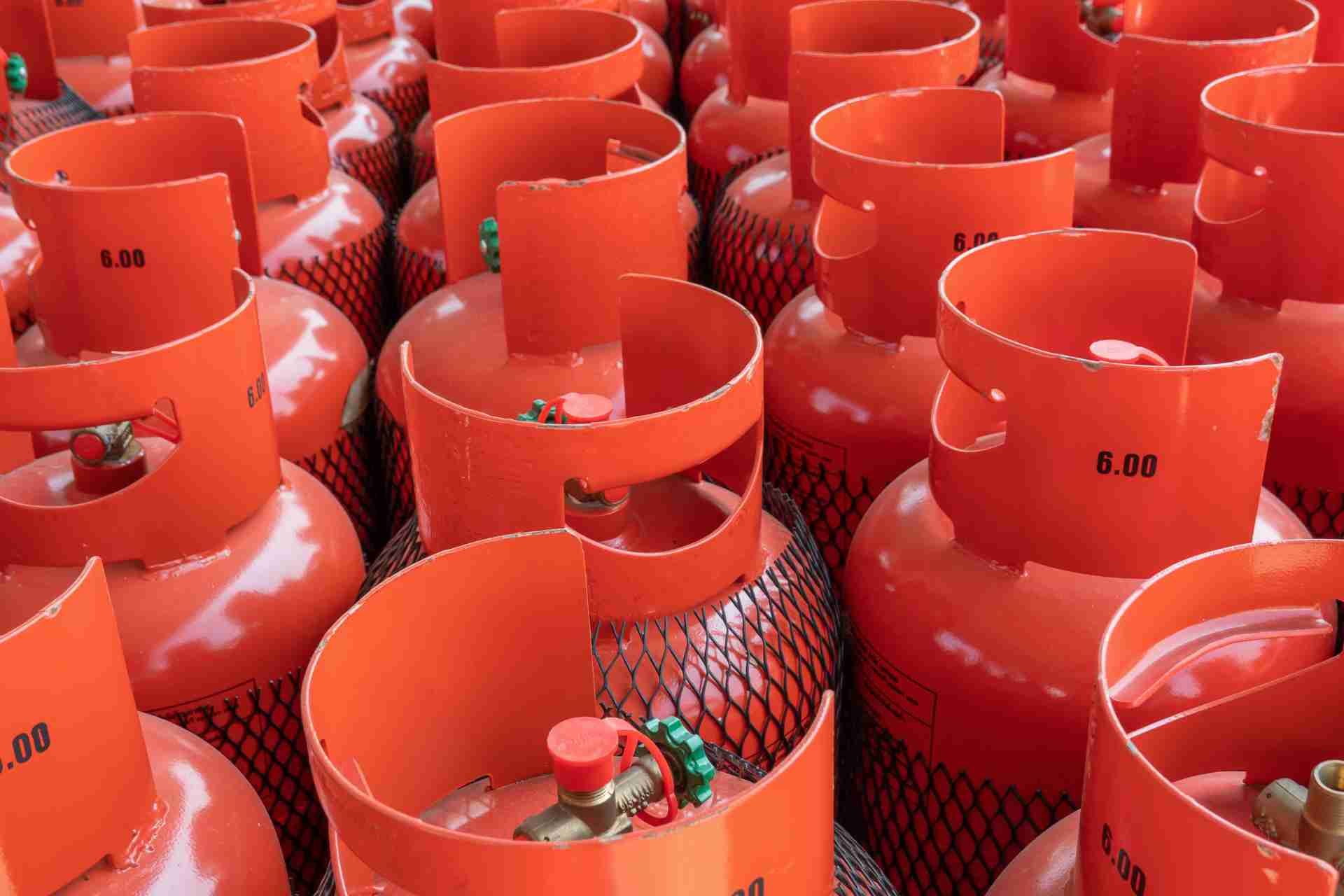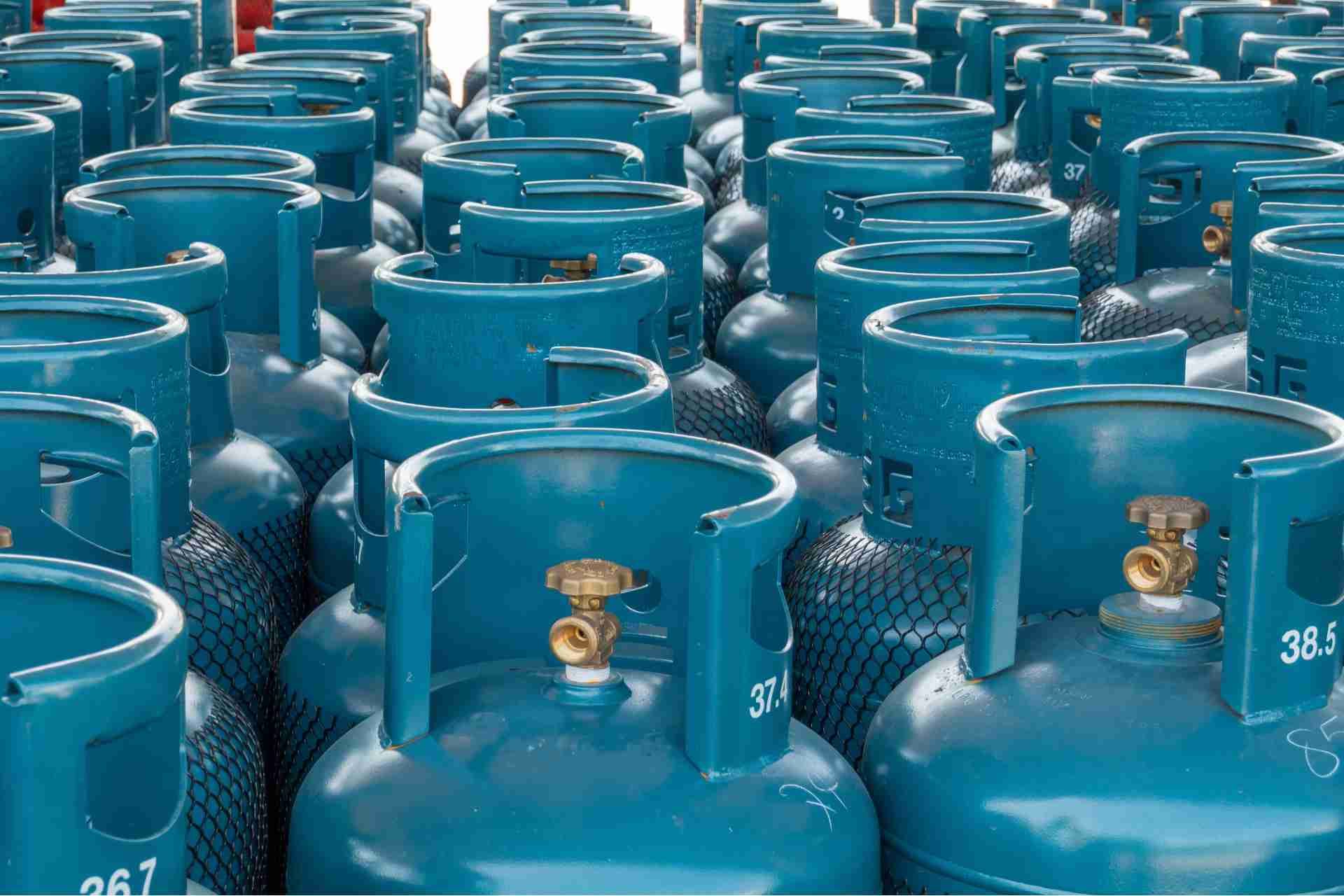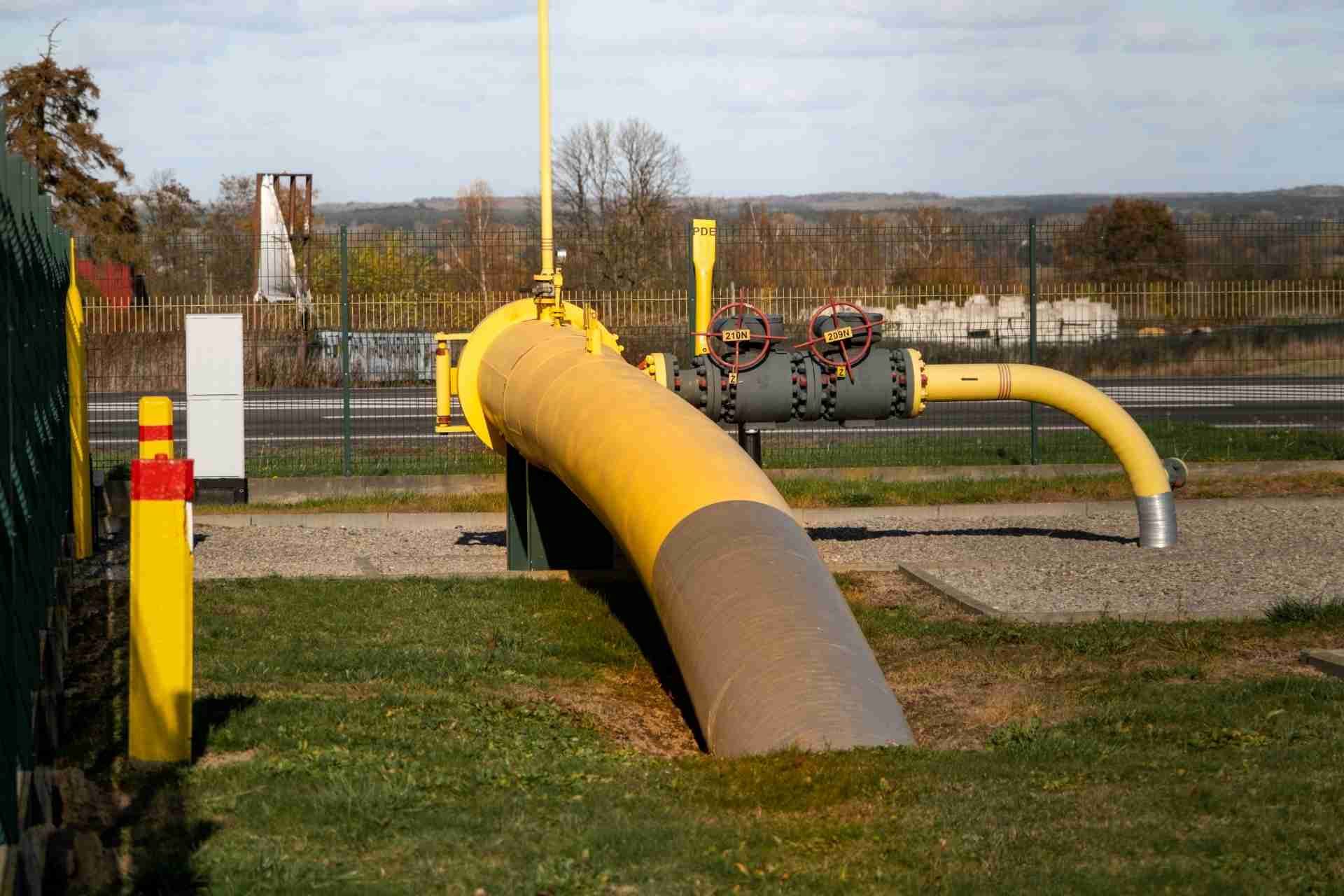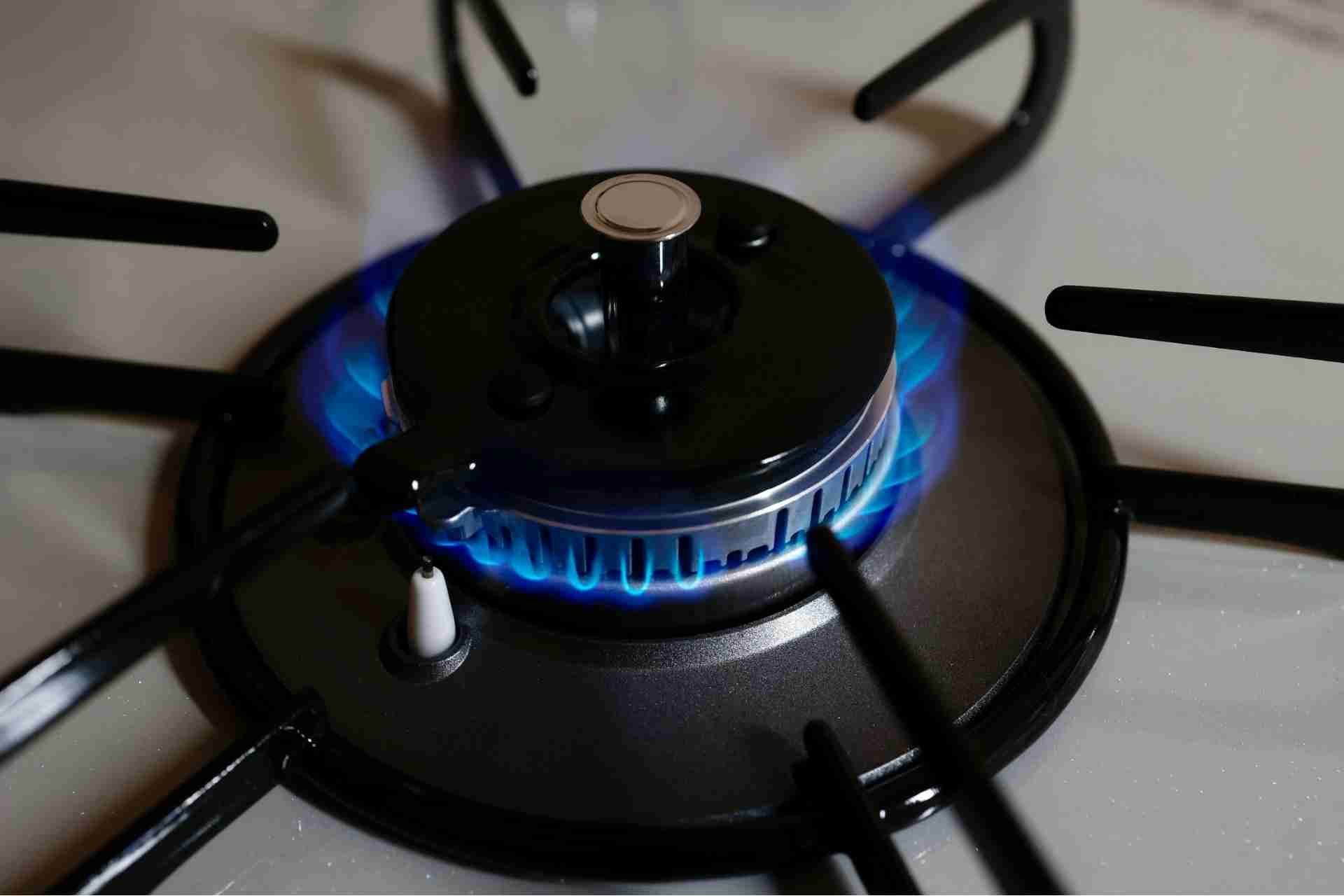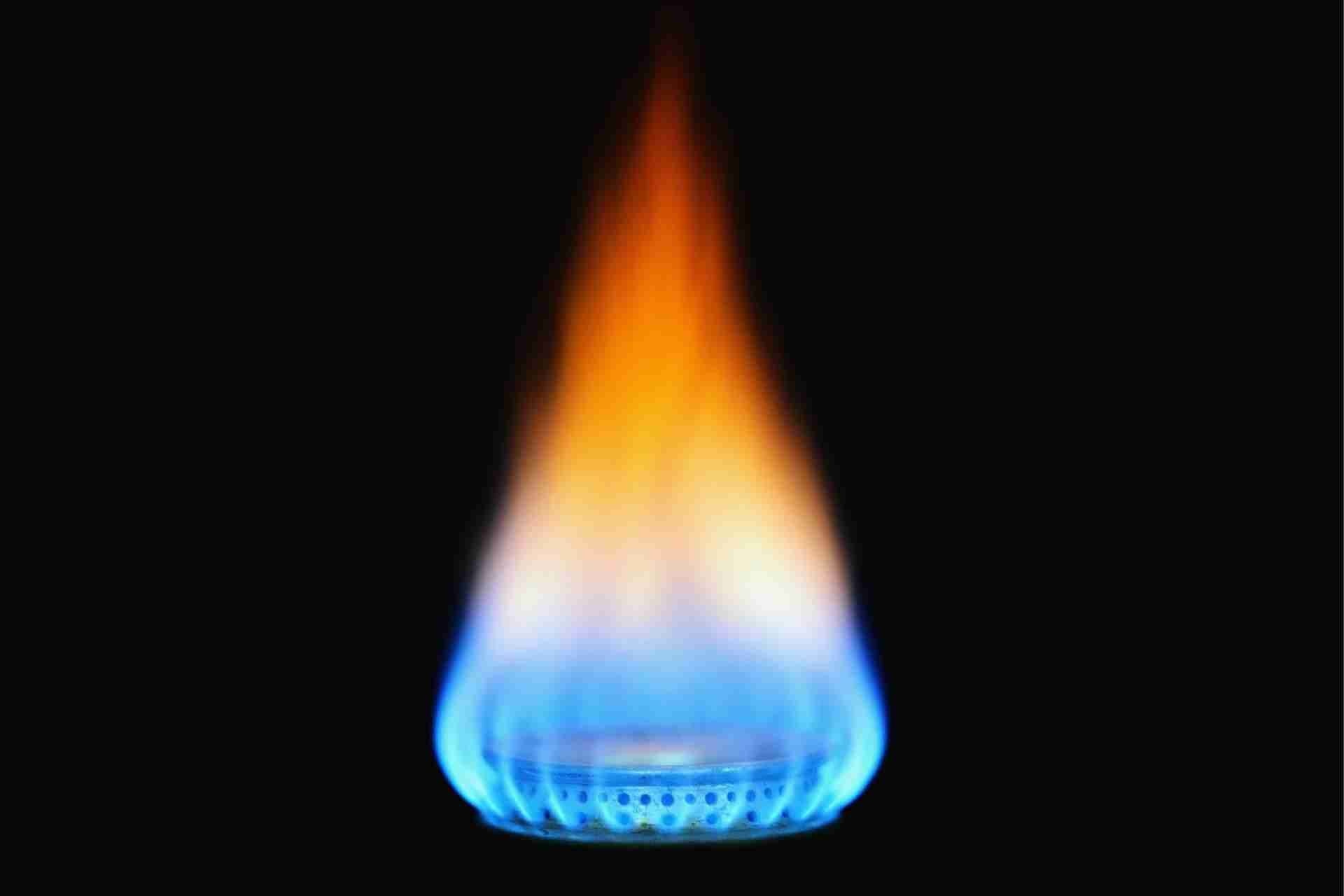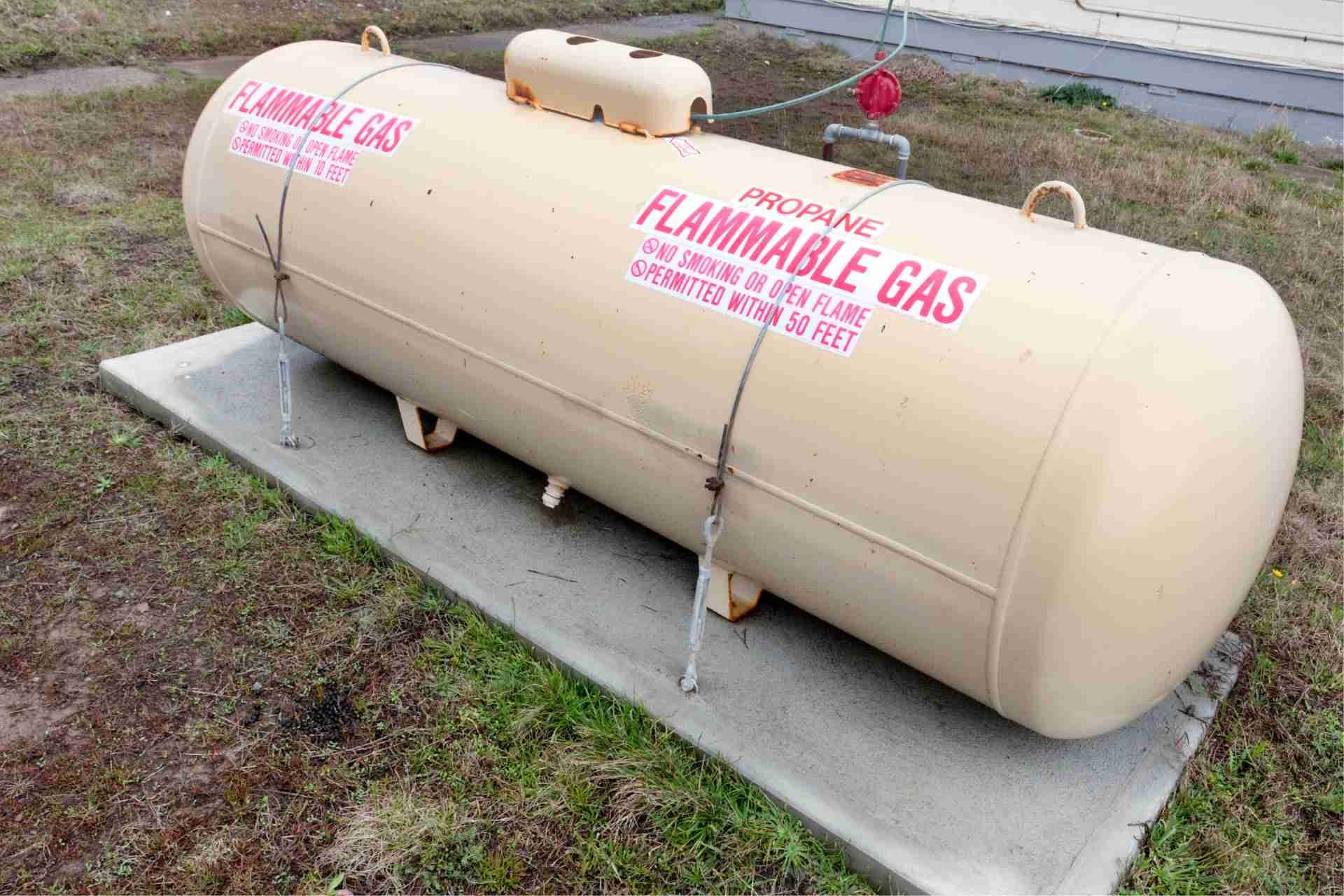Is Propane Renewable?
Propane is produced as a byproduct of natural gas processing and petroleum refining. It is often stored and transported in pressurized tanks.
Propane is a versatile and commonly used fuel source, particularly for heating and cooking. However, questions have arisen about its sustainability and whether it is propane renewable. In this article, we will explore the factors that determine whether propane can be classified as renewable, as well as its impact on the environment.
Is propane a green energy option?
Propane is considered a relatively clean-burning fuel compared to other fossil fuels, but it is not considered a green energy option in the same way that renewable energy sources like solar or wind power are. Propane is a byproduct of natural gas processing and petroleum refining, so it is still a fossil fuel and contributes to greenhouse gas emissions when burned.
However, propane can be a more environmentally friendly alternative to gasoline or diesel fuel in some applications, such as residential heating or transportation.
What makes Propane a Cleaner Option
Lower Emissions
Propane produces lower levels of greenhouse gas emissions compared to other fossil fuels like gasoline or diesel. It produces significantly fewer carbon dioxide, particulate matter, and nitrogen oxide emissions, making it a more environmentally friendly choice.
Non-Toxic
Propane is a non-toxic fuel that does not contaminate soil, air, or water sources. It is not a hazardous material, which makes it safer for the environment and human health.
Efficient Burning
Propane burns more efficiently than other fuels, resulting in less wasted energy and lower overall emissions. This can help reduce fuel consumption and improve energy efficiency in appliances and vehicles.
Renewable Potential
Propane can also be produced from renewable sources such as biomass or waste materials, making it a sustainable energy option. Renewable propane has the same clean-burning properties as traditional propane while further reducing the environmental impact of energy production.
Versatility
Propane can be used for a wide range of applications, including heating, cooking, and transportation. Its versatility and availability make it a practical choice for many different industries and consumers.
Environmental Impact of Propane
One of the main environmental impacts of propane is its carbon dioxide emissions when it is burned. While propane burns cleaner than many other fossil fuels, it still releases carbon dioxide and other greenhouse gases into the atmosphere. These emissions contribute to climate change and air pollution.
In addition to its emissions, the production and transportation of propane can also have environmental impacts. The extraction and processing of propane can release pollutants into the air and water, and the transportation of propane can contribute to air pollution and potentially lead to spills or accidents that harm ecosystems.
Despite these environmental impacts, propane is generally considered to be a relatively clean and efficient fuel source compared to many other fossil fuels. It has a lower carbon footprint than gasoline and diesel, and can be used as a transitional fuel as we work towards a more sustainable energy future.
To minimize the environmental impact of propane, it is important to use it efficiently and responsibly. This includes properly maintaining propane appliances, using energy-efficient equipment, and practicing safe storage and handling procedures.
Talk to Koopman & Sons Gas for Propane Supplies
When you choose Koopman & Sons Gas for your propane needs, you can trust that you are getting top-quality products and exceptional customer service. With their years of experience and dedication to safety, they are the ideal choice for all your propane supply needs. So why wait? Contact Koopman & Sons Gas today and experience the difference for yourself.
